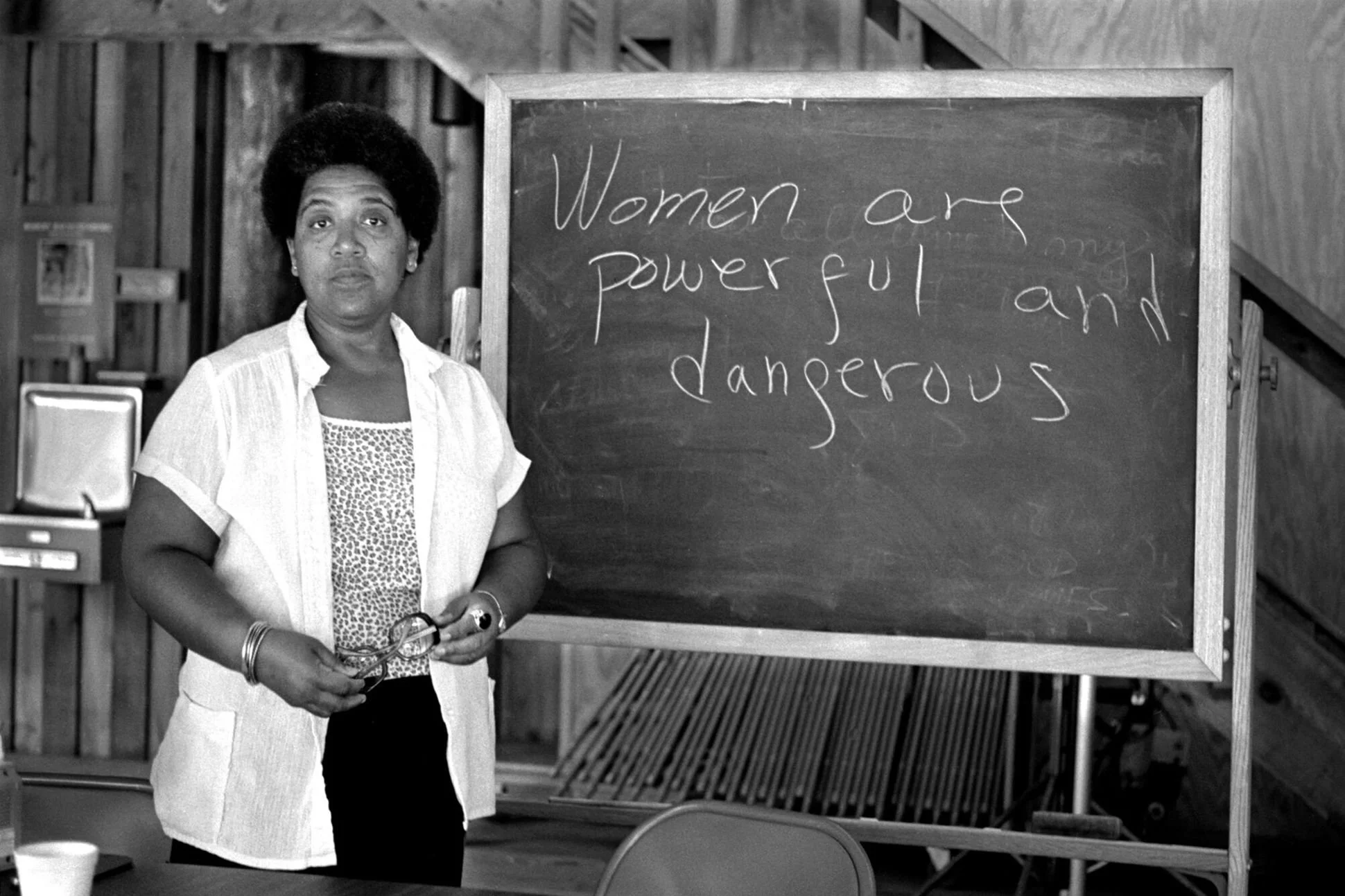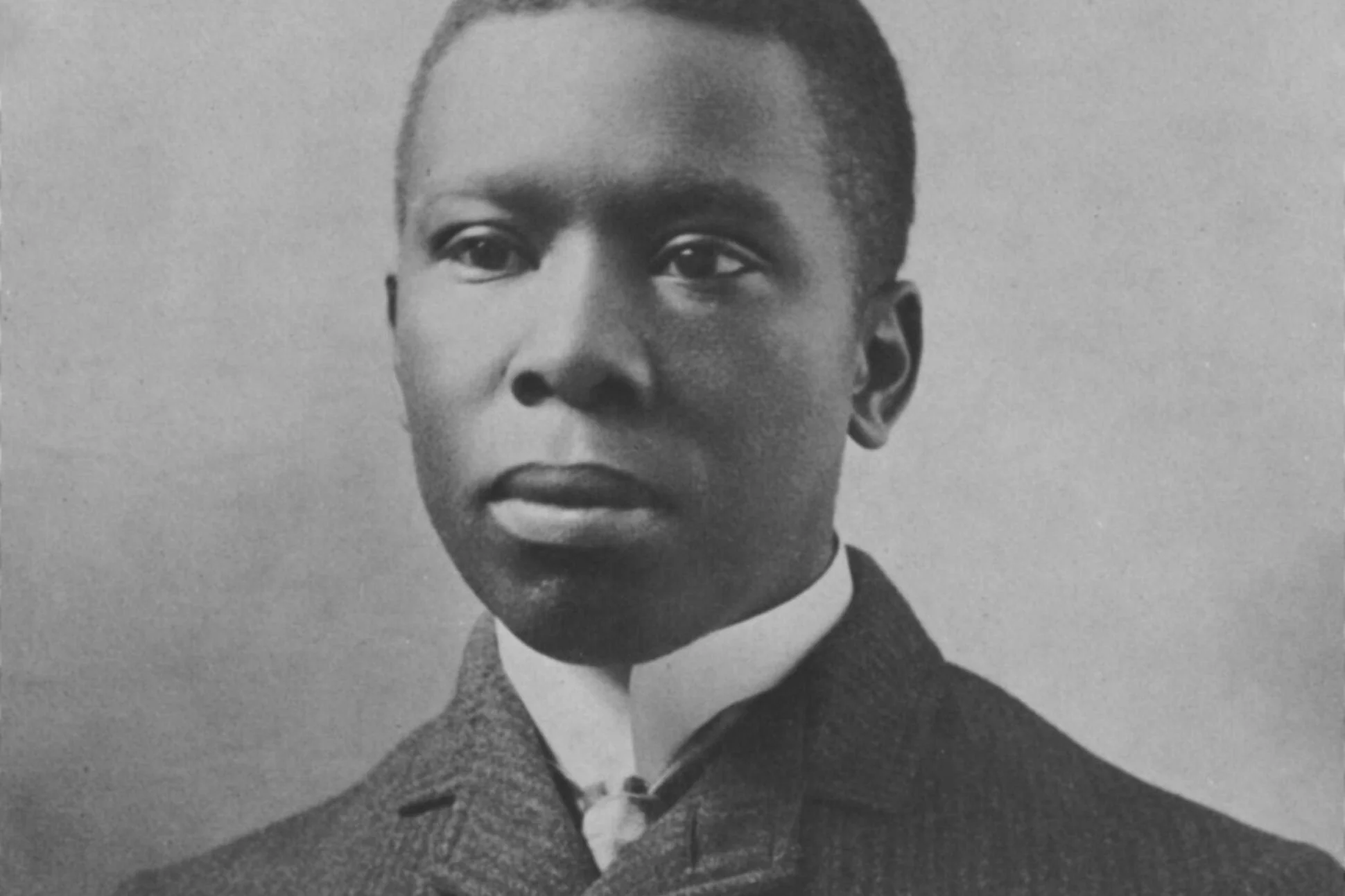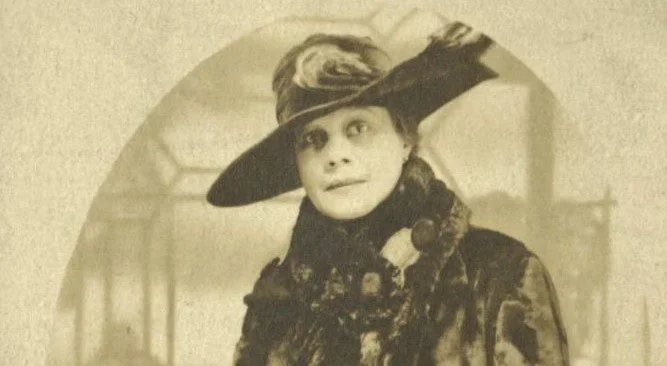
The Impact of Black Writers on Culture and Progress
Black writers have long shaped culture and advanced social justice through storytelling. From Frederick Douglass and Olaudah Equiano, who exposed the horrors of slavery, to Langston Hughes and Zora Neale Hurston, who celebrated Black identity during the Harlem Renaissance, their words have preserved history and inspired pride.
During the Civil Rights era, voices like James Baldwin and Toni Morrison challenged racism and redefined freedom through art. Today, writers such as Jesmyn Ward and Ta-Nehisi Coates continue that legacy, exploring identity, resilience, and systemic injustice.
Across generations, Black writers have turned language into liberation — documenting struggle, celebrating culture, and shaping the vision of a more just world.

James Baldwin was an American writer, essayist, and social critic whose works explored race, sexuality, and identity in 20th-century America. Born in 1924 in Harlem, New York, he gained recognition for his powerful novels and essays, including Go Tell It on the Mountain, Giovanni’s Room, and The Fire Next Time. Baldwin’s writing combined personal experience with sharp social commentary, addressing the complexities of being both Black and gay in a racially divided society. Through his eloquence and activism, he became a leading voice in the civil rights movement, using literature and public discourse to challenge injustice and advocate for human dignity and equality. His legacy endures as a cornerstone of American thought and culture.

Audre Lorde was an American writer, poet, and activist whose work focused on race, gender, sexuality, and social justice. Born in 1934 in New York City to Caribbean immigrant parents, she described herself as a “Black, lesbian, mother, warrior, poet.” Lorde’s poetry and essays, including works like The Black Unicorn and Sister Outsider, challenged systems of oppression and celebrated the power of difference. Through her writing and activism, she advocated for intersectionality, emphasizing how various forms of discrimination are interconnected. Her fearless voice and commitment to equality made her a central figure in feminist, LGBTQ+, and civil rights movements, leaving a profound and lasting influence on generations of thinkers and activists.

Paul Laurence Dunbar was an American poet, novelist, and playwright who became one of the first widely recognized African American writers. Born in 1872 in Dayton, Ohio, to formerly enslaved parents, he began writing poetry at a young age and gained national attention for his mastery of both standard English and African American dialect. His collections, such as Lyrics of Lowly Life and Majors and Minors, captured the beauty, struggles, and resilience of Black life in post-Reconstruction America. Dunbar’s work influenced later writers of the Harlem Renaissance and helped establish African American literature as a vital part of American culture. Despite his early death at age 33, his legacy endures as a cornerstone of American poetry.

Lorraine Hansberry was an American playwright, writer, and activist best known for her groundbreaking play A Raisin in the Sun. Born in 1930 in Chicago, Illinois, she became the first Black woman to have a play produced on Broadway. Her work explored themes of race, class, gender, and the pursuit of equality, reflecting the struggles and aspirations of African American families in mid-20th-century America. Beyond her literary achievements, Hansberry was deeply involved in civil rights and social justice movements, using her platform to advocate for racial and gender equality. Her powerful storytelling and activism made her a pioneering voice in American theater and a lasting symbol of courage and progress.

Alice Dunbar-Nelson was an American poet, journalist, educator, and activist who played a significant role in early African American literature and social reform. Born in 1875 in New Orleans, Louisiana, she was part of the first generation of Black writers after the Civil War. Her works, including Violets and Other Tales and The Goodness of St. Rocque, explored themes of race, gender, and Creole identity. Beyond her literary contributions, Dunbar-Nelson was an advocate for women’s rights, education, and racial equality, actively participating in the suffrage and civil rights movements. Her writing and activism helped pave the way for future generations of Black women writers and intellectuals.

Mae V. Cowdery was an American poet associated with the Harlem Renaissance, known for her lyrical exploration of love, identity, and the Black experience. Born in 1909 in Philadelphia, she began writing poetry as a teenager and gained recognition for her contributions to African American literary journals such as The Crisis and Opportunity. Her 1936 collection We Lift Our Voices and Other Poems showcased her talent for blending emotional depth with social awareness. Cowdery’s work reflected both personal introspection and the broader cultural awakening of her time, making her an important yet often overlooked voice in early 20th-century African American literature.

Roxane Gay is an American writer, professor, and cultural critic known for her sharp, honest, and deeply personal explorations of identity, gender, race, and power. Her work spans fiction, nonfiction, and essays, often blending vulnerability with incisive social commentary. She’s best known for her essay collection Bad Feminist (2014), which examines the complexities and contradictions of modern feminism, and her memoir Hunger (2017), a raw account of trauma, body image, and self-acceptance. Gay’s fiction, including An Untamed State and Difficult Women, often portrays women navigating violence, resilience, and desire. Beyond her books, she’s a prominent voice in contemporary culture, writing essays, editing anthologies, and engaging in public conversations about justice, representation, and storytelling.